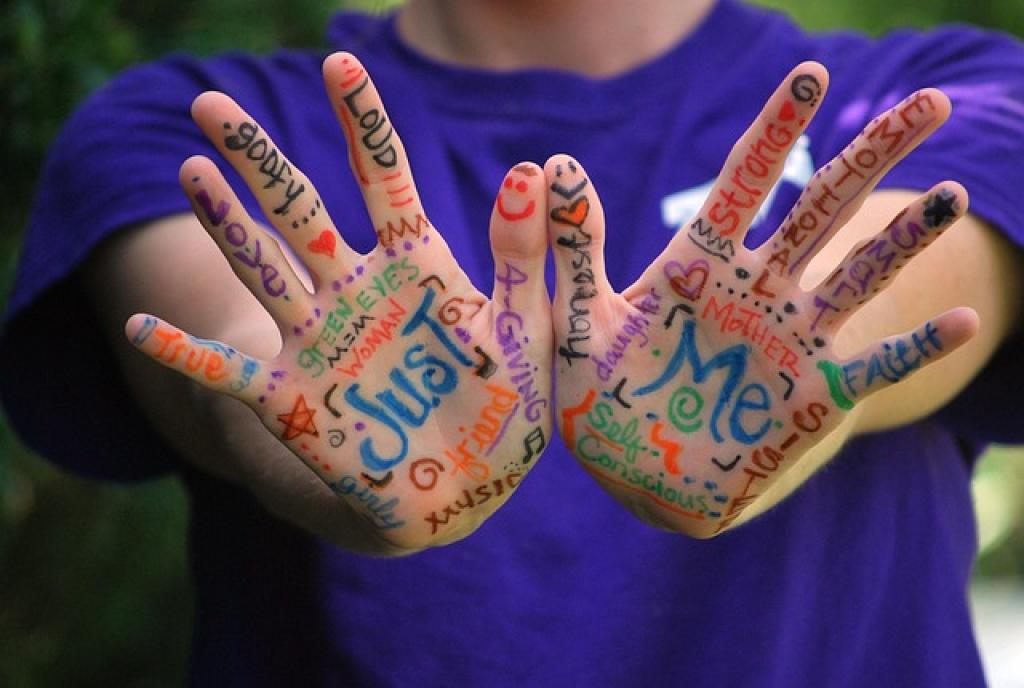Words are magical keys that open doors to a world filled with ideas, emotions, and connections. In the realm of early childhood development, the first words a child utters are not just adorable milestones—they are powerful signals of cognitive, social, and linguistic growth.
Imagine those initial syllables as the foundation of a skyscraper, each one carefully laid to support future learning and communication. These early expressions lay the groundwork for a child’s understanding of language and the way they interact with their surroundings.
Early conversations, often starting with "mama" or "dada," are stepping stones towards more complex sentences and a richer vocabulary. Encouraging these first words fosters a love of language, boosts confidence, and enhances a child’s ability to express themselves.
Join us as we explore the significance of first words in early childhood, revealing how these tiny vocal triumphs can shape our little ones’ futures in extraordinary ways.
Understanding the Significance of First Words in Babies
First words are more than memorable moments for parents—they are essential milestones in a baby’s developmental journey. These early expressions are the first hints at how a baby perceives their world and attempt to communicate within it.
The Building Blocks of Communication
Each word a baby learns is a stepping stone towards language proficiency. They begin piecing together sounds and syllables, which eventually evolve into more complex forms of speech. This progression is not only about vocal skills but also about developing clarity in thought and the ability to convey feelings.
As babies engage verbally, they start building connections between words and their meanings. This understanding is vital for cognitive development, aiding them in comprehending concepts and ideas that are fundamental for future learning.
A Catalyst for Social Interaction
First words also play a crucial role in social development. They enable babies to express needs, share experiences, and develop bonds with family and peers. These interactions teach essential social cues, like turn-taking and active listening, which are foundational for effective communication in life.
Recognizing the importance of these initial words helps caregivers support their babies’ growth with curiosity, patience, and plenty of encouragement.
Key Milestones in Language Development
Language development is an exciting journey marked by specific milestones that indicate a child’s growing mastery of communication. Recognizing these stages helps in nurturing and supporting their progress effectively.
Around six months, babies begin to babble, experimenting with sounds as they gain control over their vocal cords. These early vocalizations are a precursor to words, showcasing a budding understanding of rhythm and tone in language.
By their first birthday, many children can say one or two simple words, often linked to important people or objects in their life like "mama" or "ball." This phase shows their ability to associate sounds with meaning.
Between 18 months and two years, toddlers start to string words together, forming basic sentences. Known as the "word spurt," this period is characterized by a rapid increase in vocabulary and the ability to express more complex ideas.
As they approach their third birthday, many children become proficient enough to engage in simple conversations, ask questions, and understand basic grammatical structures. This growth in language skills opens up new avenues for learning and social interaction.
Tracking these milestones allows caregivers to offer timely support and encouragement, laying the foundation for a lifetime of effective communication.
Effective Strategies to Encourage Early Language Skills
Fostering early language skills in children involves creating a nurturing environment where they can grow and explore the magic of words. Simple, everyday interactions can have a profound impact on their language development journey.
Talking to your child frequently is one of the most powerful ways to boost their language skills. Describe what you’re doing, point out objects, and label emotions to enhance their vocabulary and comprehension.
Reading together is another cornerstone strategy. Choose age-appropriate books and take the time to discuss the pictures and plot. This not only introduces new words but also instills a love for reading from a young age.
Songs and nursery rhymes are excellent tools for language development. Their repetitive nature makes it easier for children to grasp patterns in speech and pronunciation, strengthening their auditory processing skills.
Encouraging play is equally important. Through imaginative play, children experiment with language by creating dialogues and stories, which boosts both verbal creativity and social skills.
Above all, shower them with patience and praise. Celebrate their attempts to communicate, and gently guide their learning process. This supportive environment encourages them to explore language with confidence and joy, setting a solid foundation for their future.

The Impact of First Words on Cognitive Development
The utterance of first words marks more than the beginning of verbal communication; it’s a window into the cognitive growth occurring beneath the surface. As children venture into the world of language, their brains are rapidly developing the ability to perceive, understand, and interpret their surroundings.
When a child starts to recognize and use words, they are engaging in symbolic thinking—a crucial cognitive skill that forms the basis for higher reasoning and problem-solving abilities. This ability to connect words with objects and concepts fuels their understanding of cause and effect, enabling them to predict outcomes and make informed decisions.
And with that in mind, the process of learning first words involves memory and categorization, as children begin to sort and organize information. Their ability to recall words and apply them appropriately reflects significant growth in memory processing capabilities.
Language acquisition also enhances attention span and listening skills, as children must focus on and differentiate between various sounds. This improved attention to detail aids in all areas of learning, both linguistic and otherwise.
In essence, first words are the seeds from which vast cognitive capabilities grow. Encouraging this growth creates a fertile environment for continuous learning, curiosity, and intellectual development.
Fostering a Language-Rich Environment at Home
Creating a language-rich environment at home is pivotal in nurturing a child’s language and cognitive development. It’s about providing plentiful opportunities for children to listen, speak, and engage with words in a natural and meaningful context.
Surrounding Them with Words
From the moment they wake up, surround your child with conversations. Describe your daily activities, and ask simple questions to engage them in dialogue. Even though they might not respond fully, they’re absorbing structure, vocabulary, and tones.
Make books accessible within your home. A cozy reading corner encourages spontaneous storytelling sessions and book exploration. Visit your local library to introduce new stories and genres, sparking curiosity and a broader understanding of language.
Interaction with siblings or peers can also enhance language skills. Encourage group play that involves collaborative tasks, like building blocks or crafting, where language naturally becomes part of the interaction.
Singing together is a fun way to incorporate new words and phrases. Use songs and rhymes during routine activities like bath time or car rides to make learning language a joyful experience.
Encourage Expression
Celebrate your child’s verbal expressions, whether clear or fragmented. Encourage them by listening attentively and responding positively. This supportive communication boosts their confidence and reinforces their willingness to share more.
By creating an atmosphere rich in verbal interaction and praise, you lay the groundwork for robust language development that will benefit your child throughout their life.
The Bottom Line: Nurturing Your Child’s Language Abilities
In the grand tapestry of childhood development, language is a vibrant thread that weaves through every milestone. As we’ve explored, the journey from babbling to first words and beyond is not just about acquiring language—it’s about unlocking a child’s potential to connect with the world.
By understanding the significance of these early expressions, we equip ourselves with the knowledge to support our children effectively. Celebrating first words and language milestones provides a window into their cognitive and social growth, offering a roadmap to guide our nurturing efforts.
Fostering a language-rich environment at home can be as simple as engaging in daily conversations, sharing books, and embracing play-filled learning moments. These interactions are the building blocks of a supportive environment where language skills can flourish.
The commitment to nurturing language abilities is not just about teaching words—it’s about encouraging curiosity, confidence, and a lifelong love of communication. When we create spaces where children feel heard and valued, we’re giving them the tools to express themselves more robustly and clearly.
Ultimately, the goal is to celebrate each child’s unique language journey, recognizing their individual pace and progress. With patience, encouragement, and joy, we can make language learning a natural, joyful part of everyday life.
As you continue this important journey with your child, remember that your support is the most significant influence on their language development. Embrace every step, appreciate each new word, and cherish the shared moments that build not just vocabulary but a strong foundation for their future.










